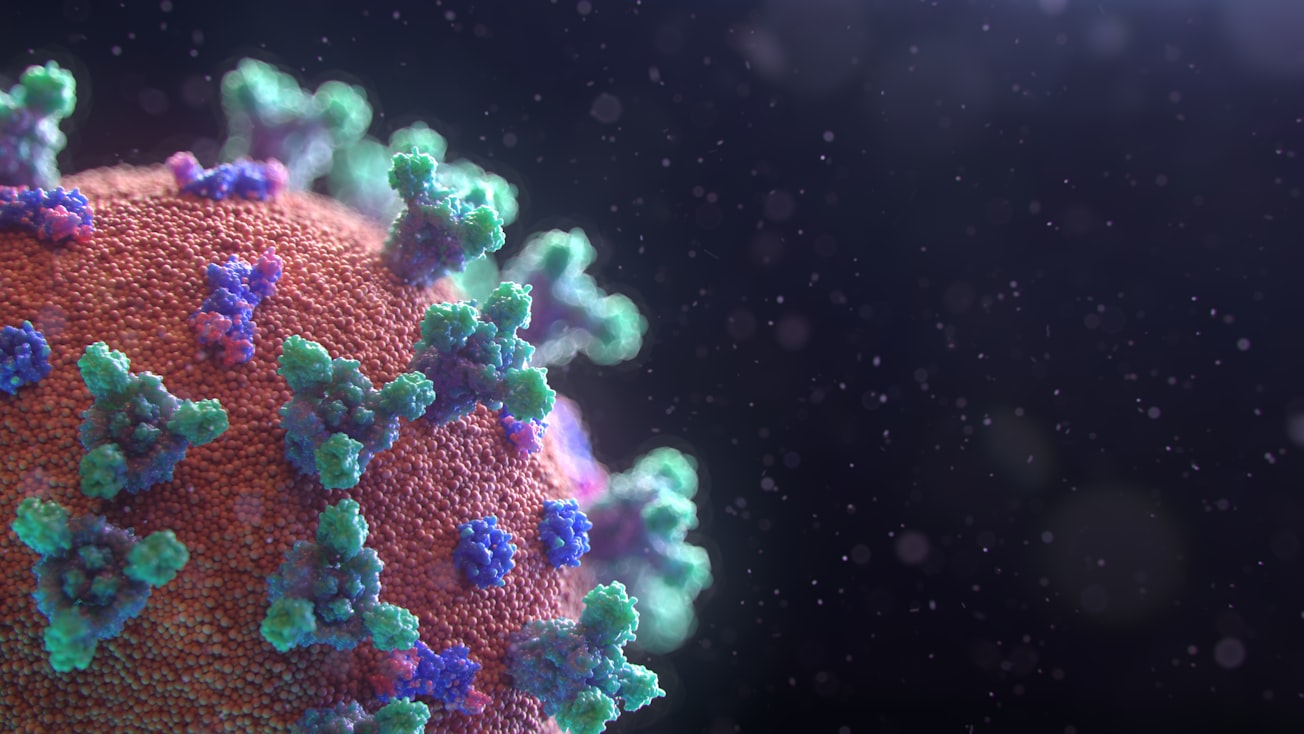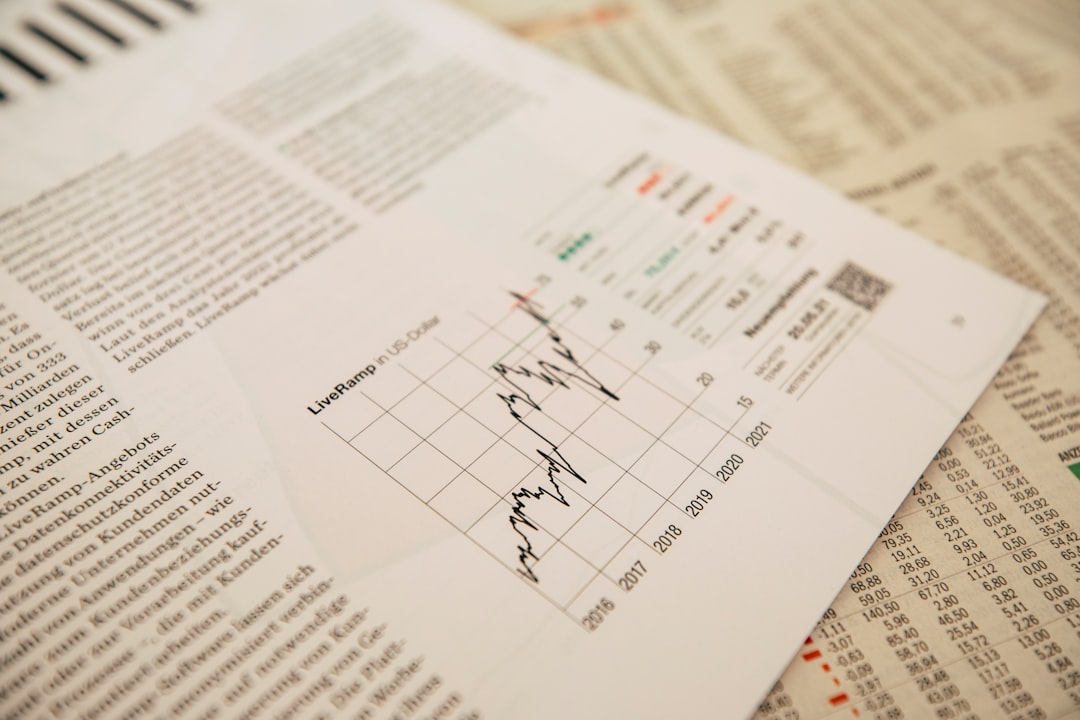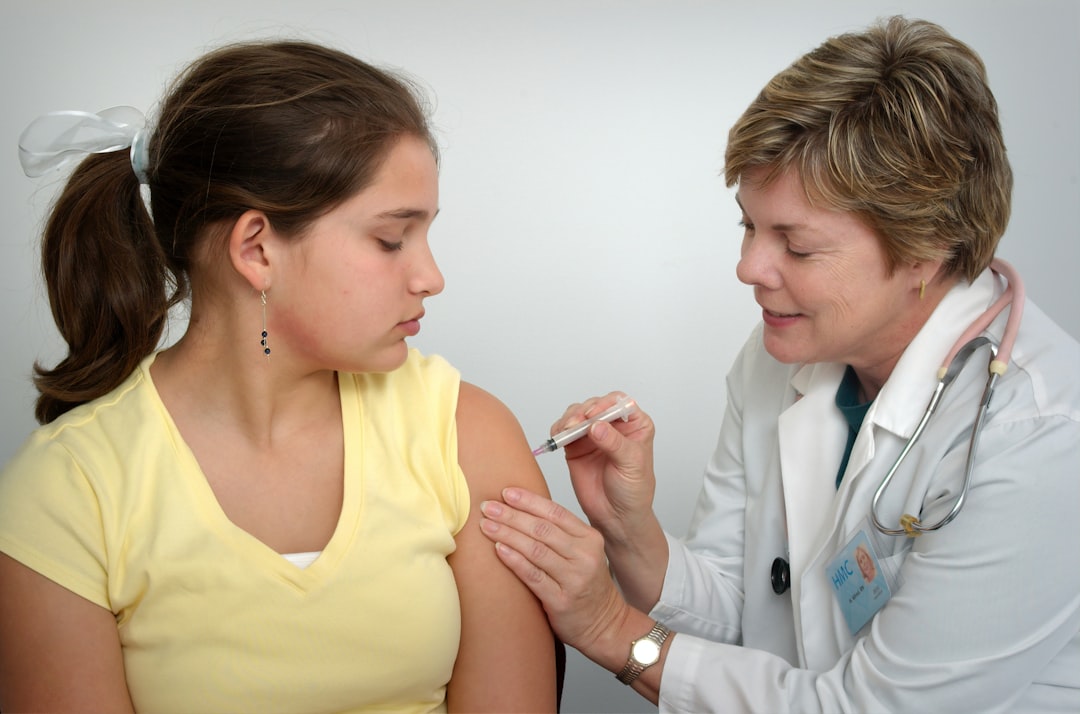What is it about?
The quality of data is the first! Covid-19 pandemic needs immediate data and timely information. It should be robust, realistic, and consistent. This article analyses and compares the quality of official datasets available for COVID-19, suggests a corrected dataset, and introduce a dashboard. If you are interested to know the quality of COVID-19 datasets, or you are looking for an accurate dataset for your research and a Dashboard for a quick insight about this pandemic, this is the right article for you. We should always remember Good data, Good life!
Featured Image

Photo by Fusion Medical Animation on Unsplash
Why is it important?
The findings show noticeable and increasing measurement errors in the three official datasets as the pandemic outbreak expanded, and more countries contributed data for the official repositories, raising data comparability concerns and pointing to the need for better coordination and harmonized statistical methods.
Perspectives
We wanted to study the COVID-19 pandemic and its economic and financial effects. Before starting a statistical analysis and modeling, we had to know the amount of measurement error in our data. We wanted to avoid garbage in, garbage out. This article is the result of this stage of the research, and we hope it can help other researchers to use our COVID-19 combined dataset and dashboard with minimum systematic measurement errors.
Afshin Ashofteh
Universidade Nova de Lisboa
Read the Original
This page is a summary of: A study on the quality of novel coronavirus (COVID-19) official datasets, Statistical Journal of the IAOS, June 2020, IOS Press,
DOI: 10.3233/sji-200674.
You can read the full text:
Resources
“COVID-19 Combined Data-set with Improved Measurement Errors”, Mendeley Data, v3.
The dataset is corrected for measurement errors and adds new attributes to the normal attributes of official data sources, such as daily mortality, and fatality rates. We evaluate the measurement errors of COVID-19 official data collections from the Chinese Center for Disease Control and Prevention (Chinese CDC), World Health Organization (WHO) and European Centre for Disease Prevention and Control (ECDC). The data is collected by using text mining techniques and reviewing pdf reports, metadata, and reference data. The combined dataset includes complete spatial data such as countries area, international number of countries, Alpha-2 code, Alpha-3 code, latitude, longitude, and some additional attributes such as population. The improved dataset benefits from major corrections on the referenced data sets and official reports such as adjustments in the reporting dates, which suffered from a one to two days lag, removing negative values, detecting unreasonable changes in historical data in new reports and corrections on systematic measurement errors, which have been increasing as the pandemic outbreak spreads and more countries contribute data for the official repositories.
COVID19 Dashboard
A COVID-19 dashboard with minimum systematic measurement errors base on the results of this article.
COVID-19 360 by NOVA
Nova University of Lisbon News website.
Full paper download "A study on the quality of Novel Coronavirus (COVID-19) official datasets"
Download the article for free.
Linkedin challenge on the quality of official datasets available for COVID-19
We started a debate about COVID-19 datasets quality on Linkedin with the following three questions: 1- Have been guidelines, standards, and ontologies developed enough for rapid data documentation and new data creation and collection? 2- Why the data of COVID-19, presented by well-known Dashboards are different from the official reports of their references at any point in time? Do they have reach to the special source of data that is out of the reach of International responsible authorities? 3- How much error should we expect in the result of our researches, if we have no idea about the measurement error of our datasets before starting our study? We appreciate the researchers to share their ideas in the comments of this Linkedin article.
ResearhGate: A challenge on the quality of official datasets available for COVID-19
We started a debate about COVID-19 datasets quality on ResearchGate with the following three questions: 1- Have been guidelines, standards, and ontologies developed enough for rapid data documentation and new data creation and collection? 2- Why the data of COVID-19, presented by well-known Dashboards are different from the official reports of their references at any point in time? Do they have reach to the special source of data that is out of the reach of International responsible authorities? 3- How much error should we expect in the result of our researches, if we have no idea about the measurement error of our datasets before starting our study? We appreciate the researchers to share their ideas in the comments of this ResearchGate question.
Estudo revela imprecisões em bases de dados sobre novo coronavírus
SAPO, Servidor de Apontadores Portugueses Online, is a brand and subsidiary company of Altice Portugal. It is a media content and services provider that started out as a search engine when founded in 1995.
Study reveals inaccuracies in databases about new coronavirus
A Portuguese daily newspaper published in Lisbon, Portugal.
ÓBITOS NEGATIVOS OU DATAS FALSAS. DETETADOS ERROS NAS MAIORES BASES DE DADOS DA PANDEMIA
TVI 24 is a private Portuguese basic cable and satellite television news channel owned by TVI.
Investigador diz que apesar de “inconsistências”, a “informação oficial” deve sobrepor-se
HEALTHNEWS
Study reveals inaccuracies in databases about new coronavirus
Jornal Económico is a Portuguese newspaper, specialized in economics and finance.
COVID-19 360 by NOVA
Estudo conduzido pelos Professores da NOVA IMS Jorge Bravo e Afshin Ashofteh mostra “imprecisões significativas” quando compara as bases de dados da Organização Mundial da Saúde (OMS), do Centro Europeu para o Controlo e Prevenção de Doenças e do Centro Chinês para o Controlo e Prevenção de Doenças.
Um estudo sobre a qualidade dos dados oficiais sobre o novo coronavírus (COVID-19)
COVID-19 360 by NOVA
Contributors
The following have contributed to this page










